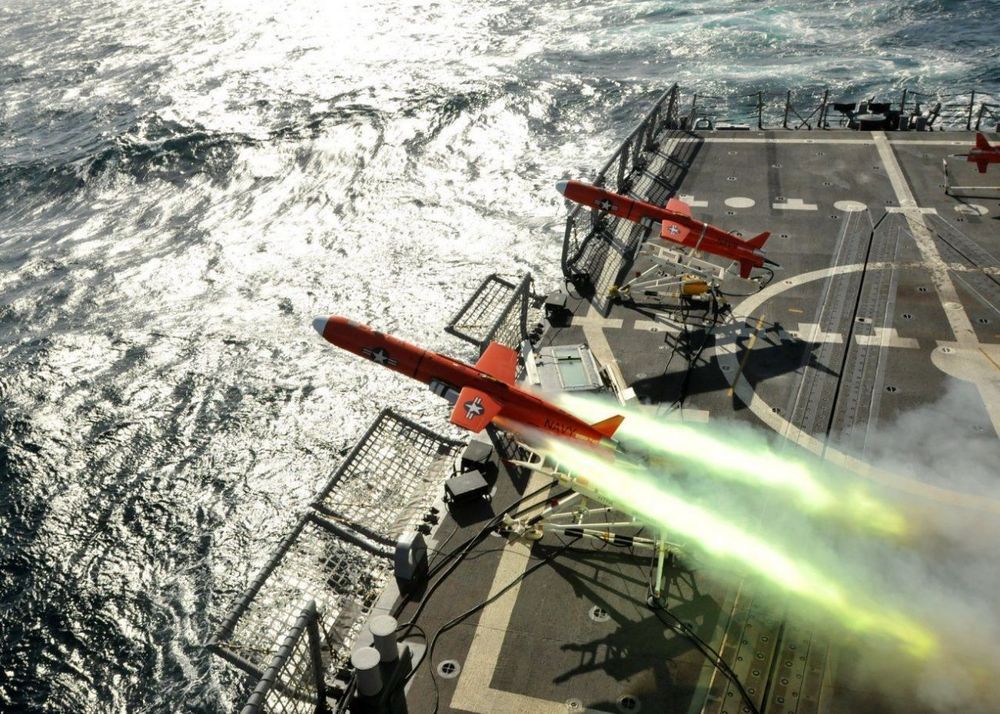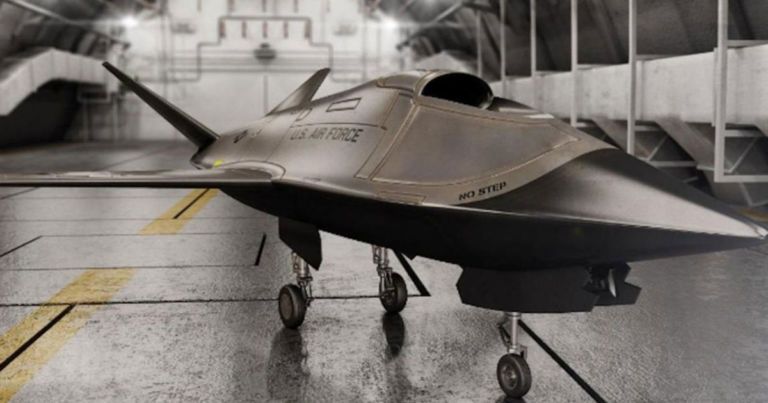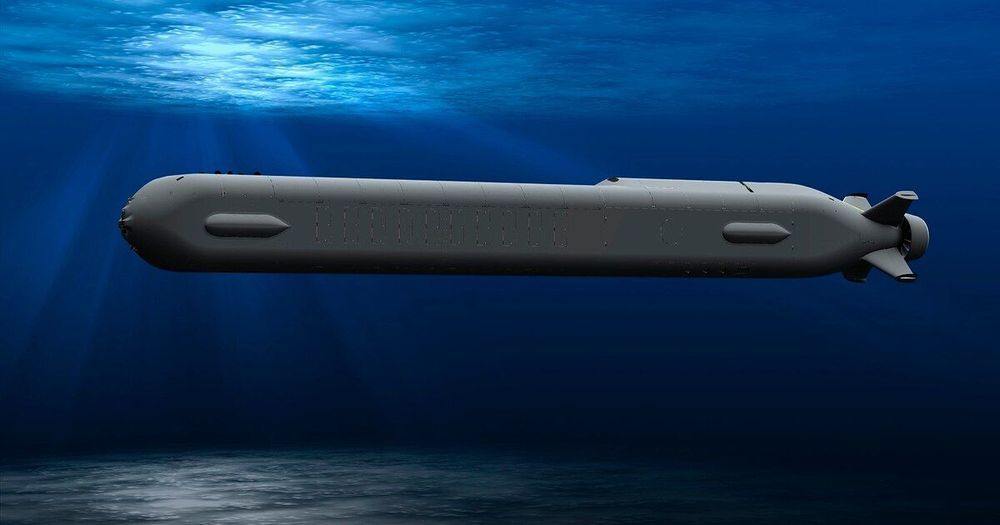The Next Generation Air Dominance program is set to have a finalized acquisition strategy within the next few months.



Here’s What You Need To Remember: Chinese so-called “carrier-killer” missiles could, quite possibly, push a carrier back to a point where its fighters no longer have range to strike inland enemy targets from the air. The new drone is being engineered, at least in large measure, as a specific way to address this problem. If the attack distance of an F-18, which might have a combat radius of 500 miles or so, can double — then carrier-based fighters can strike targets as far as 1000 miles away if they are refueled from the air.
The Navy will choose a new carrier-launched drone at the end of this year as part of a plan to massively expand fighter jet attack range and power projection ability of aircraft carriers.
The emerging Navy MQ-25 Stingray program, to enter service in the mid-2020s, will bring a new generation of technology by engineering a first-of-its-kind unmanned re-fueler for the carrier air wing.

The Senate on Tuesday confirmed Gen. Charles Q. Brown to be the next Air Force chief of staff.

For more than two years, the Pentagon’s research arm has been working with engineers to beef up the security of computer chips before they get deployed in weapons systems or other critical technologies.
Now, the research arm — the Defense Advanced Research Projects Agency (DARPA) — is turning the hardware over to elite white-hat hackers who can earn up to $25,000 for bugs they find. The goal is to throw an array of attacks at the hardware so its foundations are more secure before production.
“We need the researchers to really roll their sleeves up and dig into what we’re doing and try to break it,” said Keith Rebello, a DARPA program manager. Hardware hacks often involve identifying vulnerabilities in how a computer chip handles information, like the flaw uncovered in Intel microprocessors in March that could have allowed attackers to run malicious code early in the boot process.
The US Air Force wants to pit an autonomous fighter drone against a pilot.


Changing Course
The Air Force announced an AI initiative called “Skyborg” last March with the goal of flying fighter jets without anyone at the controls. Now, Shanahan says that the Air Force may be more interested in swarm drones and other uses for AI than necessarily taking the pilot out of a fighter plane’s cockpit.
“Maybe I shouldn’t be thinking about a 65ft-wingspan, maybe it is a small autonomous swarming capability,” Shanahan told BBC News. “The last thing I would claim is that carriers and fighters and satellites are going away in the next couple of years.”


73 years ago, the same scientists who had helped to begin the atomic age set a “doomsday clock” for humanity. It first appeared on the cover of the June 1947 issue of the Bulletin of the Atomic Scientists as a dire warning about the nuclear rivalry between the U.S. and the Soviet Union. At that moment, the Bulletin estimated that we stood at about 7 minutes to midnight, which represented nuclear apocalypse.
The Doomsday Clock wasn’t – and still isn’t – a precise countdown to the end of all things. It’s a metaphor for how dangerous the global situation seems to be at a given moment, in the very well-informed but also subjective opinion of the Bulletin’s board of directors. In June 1947, things looked dire. The U.S. had dropped a pair of atomic bombs on Japan less than two years before; when the Bulletin of the Atomic Scientists first published the Doomsday Clock image, researchers were still studying the aftermath of those bombs. Meanwhile, the Soviet Union was hard at work on its own atomic program, and was just a couple of years away from testing its first atomic bomb in 1949.
Through the Cold War and in the decades since, the clock’s minute hand has moved about two dozen times. In September 1953, it stood at two minutes to midnight, following Russia’s August 1953 hydrogen bomb test – which in turn had followed a U.S. hydrogen bomb test in November 1952. Those tests meant the two feuding superpowers each had much more powerful new weapons with which to destroy each other; the tests also heightened the sense of life-or-death competition that made it more likely that someone would decide to use those terrible new bombs.

The Navy is also developing a family of unmanned surface vessels that are intended to increase the offensive punch for less money, while increasing the number of targets the Chinese military would have to locate in a fight.
That’s a push that earned the endorsement of Chief of Naval Operations Adm. Michael Gilday in comments late last year.
“I know that the future fleet has to include a mix of unmanned,” Gilday said. “We can’t continue to wrap $2 billion ships around 96 missile tubes in the numbers we need to fight in a distributed way, against a potential adversary that is producing capability and platforms at a very high rate of speed. We have to change the way we are thinking.”